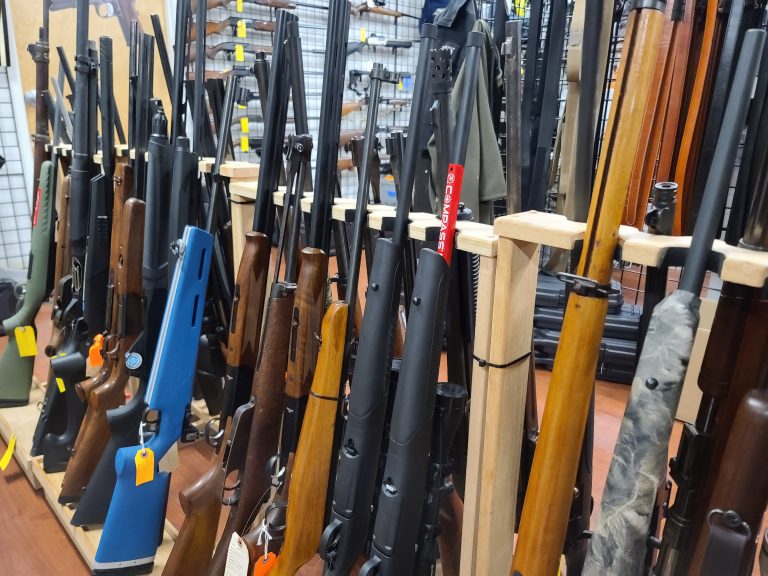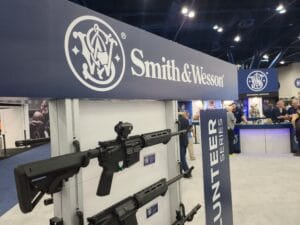With the Supreme Court approaching a decision in a case against restrictive “may issue” gun-carry permit laws, the legality of other atypical permitting schemes may soon be called into question.
Purchasing permits, for example, require an individual to obtain a license from their local or state government before they are legally allowed to buy a gun. Nine states, many of the same ones with restrictive gun-carry laws, currently have such laws for some or all types of firearms.
One of those states, Illinois, requires its citizens to obtain a Firearm Owners Identification (FOID) card to legally purchase and maintain possession of a firearm or ammunition in the state. Earlier this year, an Illinois circuit court judge made headlines when he ruled the FOID requirement unconstitutional.
“A citizen in the State of Illinois is not born with a Second Amendment right,” Judge T. Scott Webb said. “Nor does that right insure when a citizen turns 18 or 21 years of age. It is a façade. They only gain that right if they pay a $10 fee, complete the proper application, and submit a photograph. If the right to bear arms and self-defense are truly core rights, there should be no burden on the citizenry to enjoy those rights.”
The ruling was appealed up to the Illinois Supreme Court, where oral arguments have not yet been held and likely won’t be until after the U.S. Supreme Court’s decision in the carry case. However, a top Madison County official just filed an amicus brief in support of overturning the state’s FOID law.
“It is the position of this office that to require a resident of the State of Illinois to fill out a form, provide a picture ID and pay a fee to obtain a FOID card before exercising their constitutional right to self-defense with a firearm is a per se violation of the Second Amendment to the United States Constitution, as applied to the States,” Madison County State’s Attorney Tom Haine said in his brief.
The arguments of the prosecutor, and the circuit court judge who ruled against the FOID system, center around the legality of requiring a license before someone can enjoy their right to keep and bear arms. It’s an argument that has certainly been made before, but it could take on new weight with recent events at the U.S. Supreme Court.
During oral arguments in the gun-carry case, Chief Justice Roberts offered a line of questioning that probed the very concept of requiring a permit for the exercise of a constitutional right.
“Regardless of what the right is, it would be surprising to have it depend upon a permit system,” he said. “You can say that the right is limited in a particular way, just as First Amendment rights are limited, but the idea that you need a license to exercise the right, I think, is unusual in the context of the Bill of Rights.”
While he ultimately pulled back a bit from this line of questioning, it speaks to an issue the Court is wrestling with: attempting to reconcile licensing regimes for a person to exercise an enumerated constitutional right.
The Court also made frequent references to the possibility of establishing a text, history, and tradition standard for deciding the New York case and other future gun cases presented to lower courts. If established by the Court, that too could have major implications for the legality of the FOID system in Illinois, as indicated by the amicus brief filed by the Illinois prosecutor.
“History shows there is no analogous Founding era regulation that is similar to the universal scope of the FOID Act’s pre-possession licensure requirement for all firearms,” Haine said.
Depending on the scope of the Court’s ruling in the gun-carry case, laws requiring permits to own a firearm could very well be called into question. If the Court strikes down the discretionary carry permit scheme and establishes a text, history, and tradition test, the likelihood of Illinois’ FOID system being struck down certainly increases. If that happens, it would have major implications for other states with comparable purchase permit laws.






